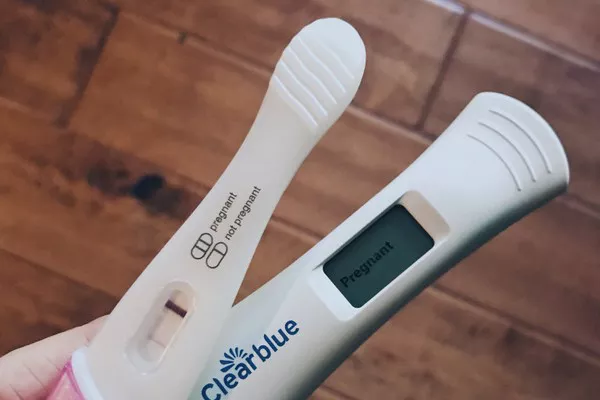People with disabilities account for 13% of all pregnancies in Ontario, but a new report reveals that this population is more likely to experience pregnancy complications such as emergency department visits, hospitalizations, and preterm birth.
Landmark Study on Disability and Pregnancy
Researchers from ICES, the University of Toronto Scarborough, and the Centre for Addiction and Mental Health (CAMH) have released a groundbreaking report detailing findings from one of the largest studies to date on disability and pregnancy. Funded by the US National Institutes of Health, the Disability and Pregnancy Study used healthcare data on nearly 150,000 births to people with disabilities and interview data to examine preconception, pregnancy, labor and birth, and postpartum and newborn health outcomes and healthcare experiences of people with physical, sensory, developmental, and multiple disabilities in Ontario, Canada.
Pregnancy Care Experiences
Interviews with people with disabilities revealed significant challenges in the pregnancy care system, including barriers to accessibility, fragmented care, poor healthcare provider knowledge about disability, and disrespectful and ableist assumptions.
One participant shared:
“I met [the doctor] for the first time when I went in to confirm the pregnancy. He was like ‘What brings you here?’ ‘Oh, I just found out that I’m pregnant.’ And he looked down at my wheelchair for a second, and he looked at me, and he said, ‘Are you here to get an abortion?’ And I was absolutely stunned. ‘No, we’ve been trying for a year and we’re really excited,’ and that was a really weird and terrible experience.”
Other participants reported difficulties in using equipment such as exam tables, communication challenges, judgment from healthcare providers, and a lack of coordinated care from social services and the health system.
Service providers and policymakers also highlighted structural barriers to accessible pregnancy care, including a lack of time during appointments to address patients’ needs—often cited as a consequence of Ontario’s fee-for-service remuneration system. Additional barriers included insufficient funding for accessible equipment, inadequate disability-related training, and few clinical guidelines to support the delivery of care.
Key Data Findings
Prevalence: Overall, 16.3% of females aged 15 to 49 in Ontario had a recorded disability. The most common disabilities were physical (11%), followed by sensory (4%), multiple (1%), and developmental (0.4%).
Emergency Department Visits: For obstetric reasons during pregnancy, these visits were more common in females with physical (20%), developmental (27%), and multiple disabilities (25%) than in those without a disability (15%).
Hospital Admissions and Mental Health: These were also more common for females with disabilities.
Preterm Birth: Newborns of females with developmental (9%) and multiple (10%) disabilities were more likely than newborns of females without a disability (6%) to be born prematurely (less than 37 weeks’ gestation).
“The time to act is now,” says Brown. “We need to put a greater focus on accessibility, and this includes modifying the structures and processes of pregnancy care, so that we’re meeting the full range of needs of people with disabilities.”
The authors recommend:
Adapting all pregnancy care spaces for the mobility, communication, sensory, and learning needs of people with disabilities.
Implementing flexible healthcare provider remuneration policies to allow for longer and more frequent appointments.
Providing better training for healthcare providers related to disability and accessibility.
Adopting a holistic approach that attends to both physical and mental health needs.
“Most importantly, we need to be offering person-centered care,” Brown adds. “This means we need to listen to and affirm what people with disabilities are telling us they need—without this, we risk making changes that cause further harm.


